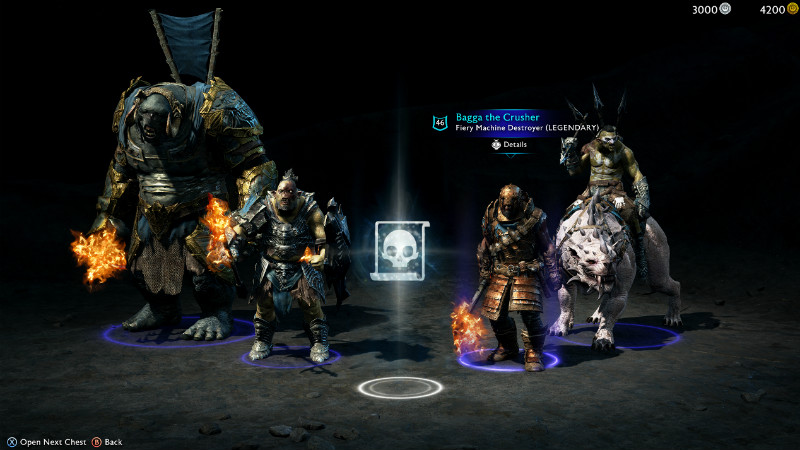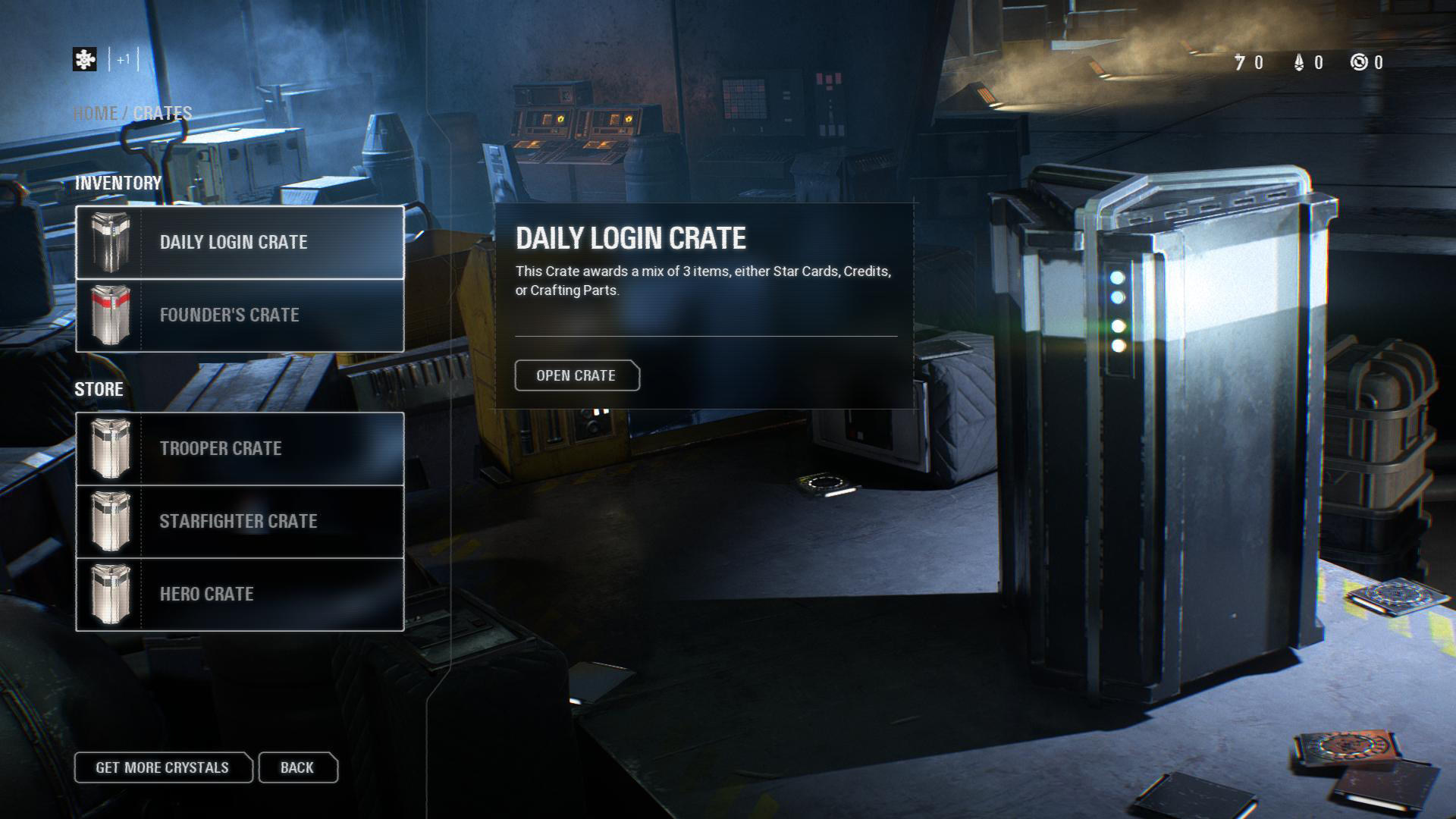How the loot box controversy shaped gaming in 2017
Recapping the biggest gaming story of the year.

I opened my first loot box in 2010. It was a TF2 crate, and I’d paid real money for a key in the hope of unpacking a rare hat with fire shooting from the top. All l got were a few stock items (a feeling that I’m sure we’re all familiar with), but it didn’t stop me pouring more cash into the Valve loot lottery in the years that followed.
After TF2’s loot box success other companies followed suit. As one developer anonymously told Wes in his examination of the arguments for and against loot boxes, “when [companies] see growth somewhere, they think 'oh, we have to be part of this’.” Fast forward to the start of this year and loot boxes were commonplace, with players accepting them—albeit reluctantly at times—as a core part of a game’s revenue stream.
But 2017 will be remembered as the year that changed that attitude. Anger over loot boxes is creating headlines nearly every week, with publishers, developers and even politicians under pressure to address player concerns. How and why did attitudes shift so quickly? And what can we expect from 2018?
The rise in the number of games with loot boxes was undoubtedly part of the reason for player pushback, but among that growing trend there were individual cases that stood out like beacons. Middle Earth: Shadow of War’s decision to include loot boxes (a first for a single-player game) brought the issue to the front of players’ minds. You can get through the game without buying one, but the idea of spending real money to boost your performance in a campaign you’d already paid top dollar for left a sour taste in the mouth of many would-be buyers. And, as Evan pointed out, loot boxes made the game boring.

The Shadow of War controversy quickly morphed into a debate about whether loot boxes had a place in gaming at all, a topic the PC Gamer team discussed at length in October. The community started raising questions about the addictive nature of loot crates (which Alex explored with the help of experts), and whether children should be exposed to them.
These were more than just hypothetical musings: politicians and regulators around the world faced pressure on the issue, too. A petition in the UK called on the government to amend gambling laws to include loot boxes, and an MP championed the cause in Parliament. The government, alongside the ESRB in America, responded that loot boxes did not constitute gambling, although it said the Gambling Commission was “keeping this matter under review and will continue to monitor developments”.
But the questions did not go away, and the release of Star Wars Battlefront 2 only fanned the raging flames. EA’s decision to box-ify everything in a multiplayer shooter that already cost $60 prompted understandable outrage from players. The reaction was strong enough for EA to remove microtransactions from the game entirely, and they may never return.
Keep up to date with the most important stories and the best deals, as picked by the PC Gamer team.
Legislators were more outspoken following Battlefront 2’s release. The Belgian justice minister called for a Europe-wide ban on loot boxes, and an ongoing investigation in the country is focussing on both EA’s shooter and Overwatch, which offers loot boxes containing cosmetic gear. Dutch authorities have launched their own investigation, too.
Outside of Europe, an analyst for the Victorian Commission for Gambling and Liquor Regulation argued that loot boxes constitute gambling—a notion that, if accepted, would have massive implications for the sale of games like Overwatch to children. In the US, too, Battlefront 2 sparked anger. Rep. Chris Lee of Hawaii called the game a “Star Wars-themed online casino”, before laying out plans for anti-loot box laws that would prohibit the sale of any games that contained them to anyone under the age of 21.
Given what happened with similar challenges to Pokémon and baseball card packs in the ‘90s (as outlined by Steven in his piece about the evolution of loot boxes), it’s hard to see the legal route bearing fruit. Currently, loot boxes are not constituted gambling because the ‘chance’ element applies to what in-game item you’ll receive when you spend money, rather than whether or not you’ll receive one altogether. That’s probably not going to change, and as Tyler wrote last month, government regulation of videogames is a dark, twisting path.
So, if loot boxes are to change it will be because of the reaction of players. The ill will against badly implemented loot boxes systems is there for all to see, but questions remain. Will games that contain loot boxes sell less copies because of it? Are players, after everything that’s happened this year, still happy to spend money on loot crates? And how will players respond to games that are pushing their lack of microtransactions as a point of distinction?

What is clear, however, is that loot box backlash can damage the reputation and perception of a company: Disney has already said it’s unhappy with how the outrage over Star Wars Battlefront 2 "reflected on [its] marquee property”, and EA has shed $3 billion in stock market value since the game’s release.
That’s enough to shock others into action, although it seems unlikely that loot boxes will go away completely. With development costs continuing to rise (and game prices holding relatively steady), in-game purchases provide a reliable source of revenue. However, if players continue to bang the drum into the new year—and fight against the worst offenders with their wallets—then we could well see the most egregiously bad systems fade away. In 2018, we'll find out what effect all of this had.
Samuel Horti is a long-time freelance writer for PC Gamer based in the UK, who loves RPGs and making long lists of games he'll never have time to play.


